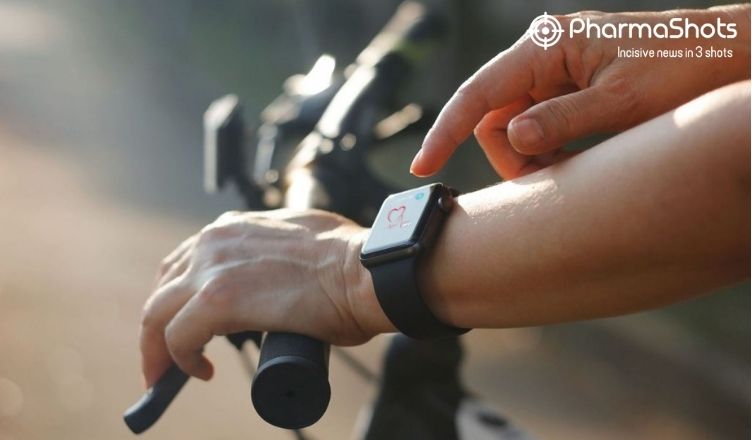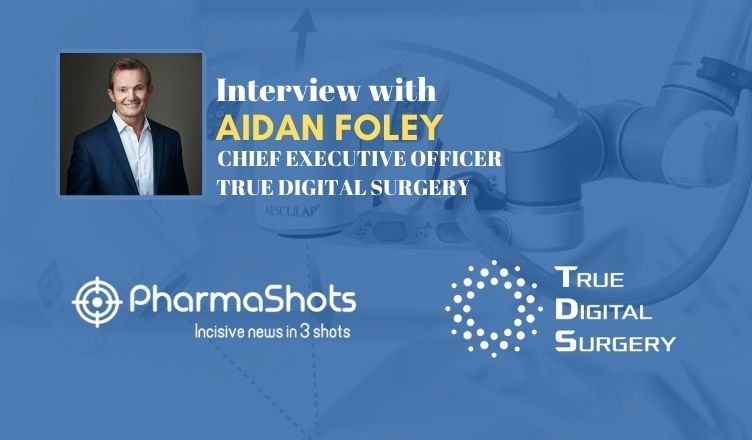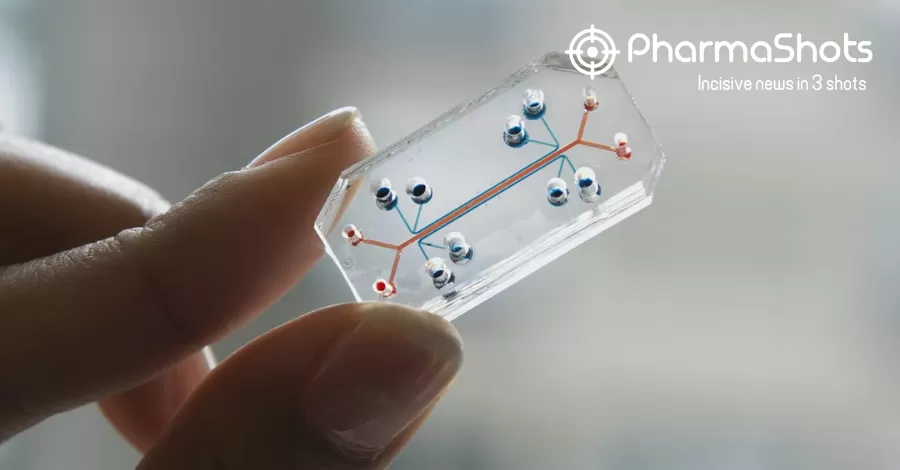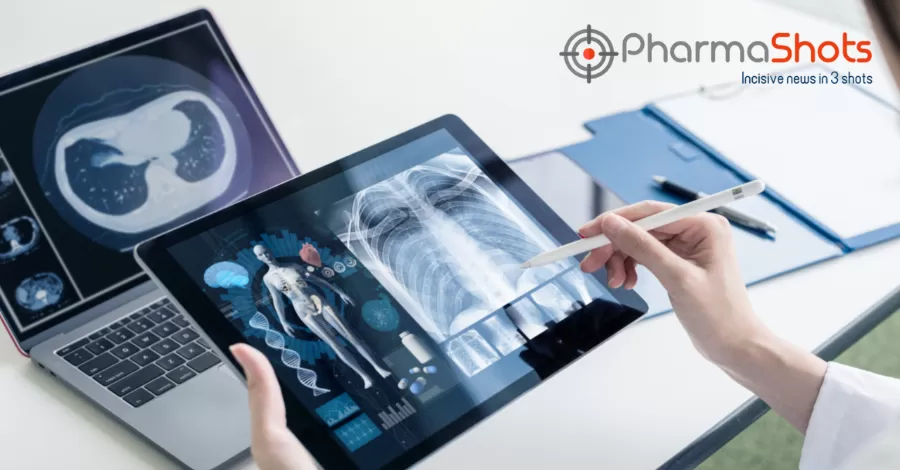
How Will the MedTech Industry Navigate The COVID-19 Impact?
COVID-19 has casted the healthcare community into disarray. Healthcare providers are stressed as the disease has affected more people than the production capacity of healthcare companies to manufacture ventilators, personal protective equipment (PPE) and diagnostic kits.
Since Business disruptions have happened, business continuity strategies are in operation. The medical technology (Medtech) industry is moving swiftly to combat the pandemic but remains flexible and dynamic to respond to the alarming situation.
MedTech industry is developing risk-based plans and gearing up for immediate actions to be taken, such as marketing authorizations that may be needed to apply for life-saving products, as well as long-term supply issues. The respiratory devices market is witnessing a surge in demands on a global level, resulting from the rising necessity of ventilators due to uncontrollable rising of COVID-19 cases.
Due to the increasing prevalence of respiratory diseases, the global ventilators market is expected to grow manifold and the industry is upgrading for the demand. Furthermore, the entire respiratory market will continue to grow with the high incidence of chronic diseases, such as COPD and asthma among the increasing geriatric population.
How MedTech industry is managing the development in COVID-19 scenario?
The process of device development is dynamic, iterative and requires innovation in & out of the box thinking to overcome technical and logistical hurdles, whether navigating the restrictions of COVID-19 or not. Several development methodologies exist, that helps to structure activities and drive efforts towards a common objective and, even within a tightly regulated field, agile and nimble techniques need to be implemented.
In the COVID-19 era, device development groups must initially proceed with robust and explicit procedures to maintain development deadlines and reduce risk when engaging in user testing programs. User testing will continue with a different set of priorities and greater restrictive professional guidelines. The use of digital technology will be crucial in this scenario.
The medical devices industry in India consists of large multinationals, with extensive service networks, as well as small and medium enterprises (SMEs). Indian companies are focusing on producing masks, ventilators, and diagnostic test kits. They will have to gear up for this challenge.
Five steps for MedTech to navigate the Covid-19 Impact:
1. Impact on demand:
Elective procedures have decreased significantly and the decrease in demand for devices used in these procedures. Hospitals visits by patients are postponed and rescheduled. Consequently, MedTech companies have seen a decrease in demand for products related to procedures such as Bariatric surgery, joint replacements, and other implantable devices. Also, there is an increased demand for devices like ventilators, PPE, and diagnostic kits. There will be a realignment of devices demand in the near term. MedTech companies need to be agile and ready to respond to robust demand for services and products once situation normalizes. Portfolio optimization will be critical.
2. Supply chain:
Supply chain has been disrupted and will take a significant time to reverse the same.
Application of newer technologies like 3D printing at site can help in several critical implants.
This could help keep the supply chain dynamic. Probably, a valve for a ventilator could be printed at a hospital rather than having to be delivered by the manufacturer. The MedTech industry could also help develop products and technologies that allow certain procedures to be undertaken in office settings.
3. Adopting Digital Technology:
Procedural training and operation theatres procedural support and product training are critical in the device industry. MedTech companies need to rapidly embrace these newer technological solutions to deliver the value of their products and services. New product interventions will have to be done by innovative technology platforms. Tele mentoring will be a critical tool to support clinical and non-clinical stakeholders.
4. Digital clinical tools:
Digital platforms for generating and evaluating evidence are important to evaluate effectiveness and safety outcomes. Digital platforms in combination interoperable data, real-world evidence (RWE), and data analytics will make it easier to monitor the performance of a product through its entire lifecycle.
5. Artificial intelligence, Digital/virtual care:
Use of AI models and ML technologies to enrich and expand the utility of services and products and procedures are going to be seen widely. Robotics and AR will have wider applications. Healthcare ecosystem will adopt virtual health/telemedicine, this will help hospitals, health systems, and clinicians make the most effective use of resources and minimize unnecessary exposure of patients and caregivers to diseases.
Regulatory Scenario COVID-19 Impact
The U.S. Food and Drug Administration continues to play a critical role in the multifaceted all-of-government response to the COVID-19 pandemic, which includes, facilitating medical countermeasures to treat and prevent the disease, and checking the medical product and food supply chains for potential shortages or disruptions and helping to mitigate such impacts, as necessary.
Indias Central Drugs Standard Control Organisation (CDSCO) has issued several notifications since mid-March in response to the ongoing pandemic. This addresses new measures to expedite access to devices intended to prevent or treat COVID-19, to safeguard the supply of other critical IVDs, and to reduce the exposure of CDSCO staff to the SARS-CoV-2 virus.
The CDSCO announced that it will prioritize COVID-19 IVD test kits for expedited approval. CDSCO details the decision to fast-track the regulatory approval process for vaccines, diagnostics, prophylactics, and therapeutics designed to prevent or treat COVID-19. As part of this initiative, the CDSCO is creating dedicated coronavirus units to address inquiries on the development of these products.
In summary, the world is in the midst of an unprecedented global health crisis. It is important for the medical device industry to collaborate with all stakeholders including physicians, patients, regulators, payers, providers, and policymakers. Finally, it is imperative for MedTech companies to focus on combating the crisis while developing products and services for the next phase that can achieve superior outcomes.
Image Source: Medgadget
Related Post: Insights+ Interviews: Views of Dr. Upendra Kaul and Dr. Anish Desai on DIA Medical Device Conference 2020
Tags

Dr. Anish Desai is a trained Clinical Pharmacologist and Pharmaceutical Physician with 3 decades of experience in Academia, Research, and Healthcare industry with proven leadership skills, strong business acumen, and a deep understanding of the Healthcare System, including Pharmaceutical, Nutraceutical & Medical device industry. He has been recognized for driving positive change, delivering solutions, developing talent and nurturing strong relationships with external stakeholders. Holding Senior Management Position for last 20 years and involved in strategic decision making. 'IntelliMed Healthcare Solutions' is a Healthcare startup launched by him with an intent to focus on strategic medical affairs for business growth, thereby infusing science into business. IntelliMed specializes in scientific, Clinical & medical support from conceptualization/Ideation to launch.














